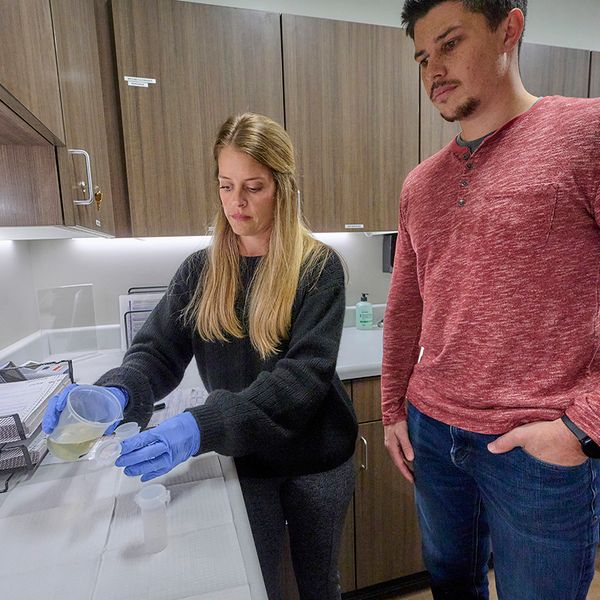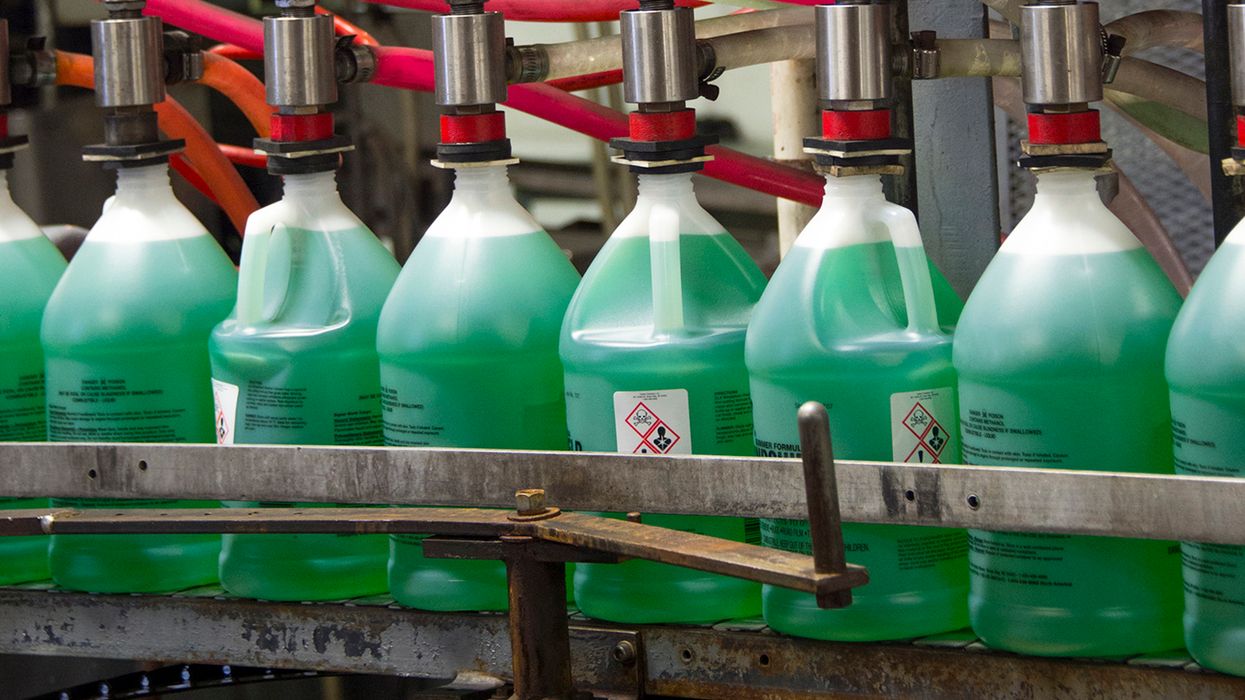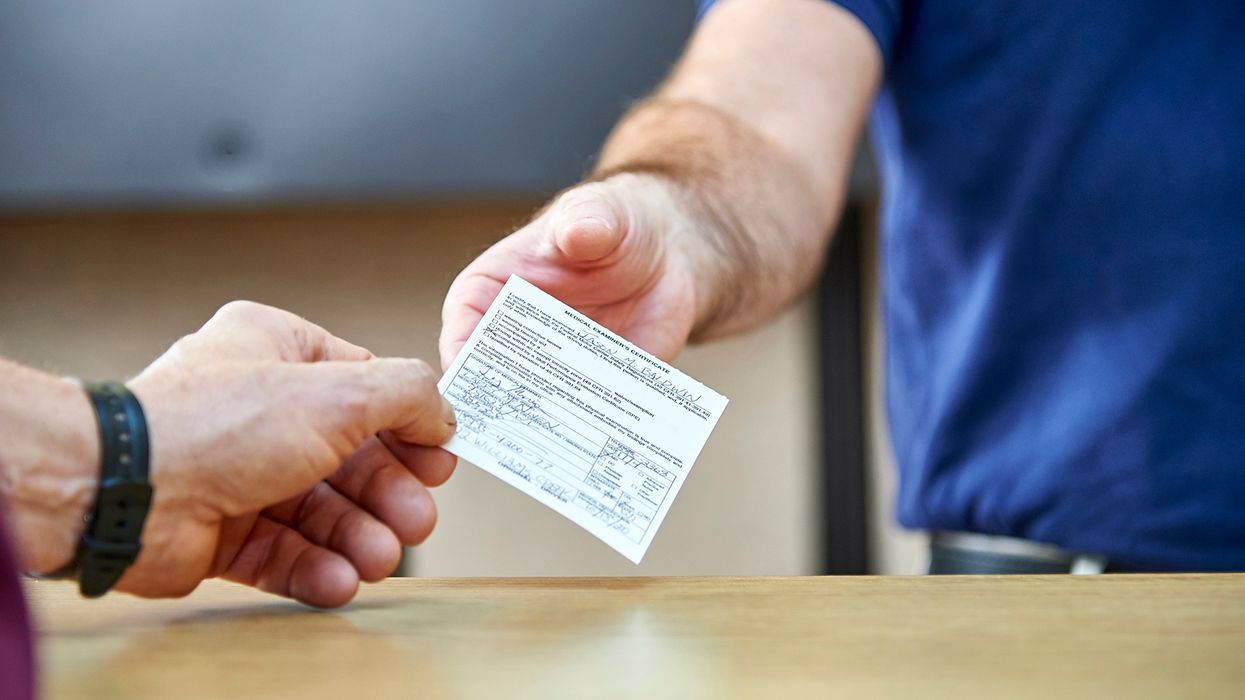Canada’s drug testing rules will leave you in a haze
Ever since Canada legalized recreational cannabis back in 2018, it has left many motor carriers wondering if they can drug test their drivers. Impairment from cannabis use is a safety risk, and for most employers, performing drug tests to manage the risk is not an option. Where do motor carriers and drivers fit in, and what are their options?
Submitting employees to drug tests
Can motor carriers drug test their drivers? The short answer is no. Canada does not have a federal regulation that requires drug testing for drivers. However, this does not mean that Canadian motor carriers cannot implement and enforce a drug and alcohol policy for their drivers. In fact, many carriers have developed successful policies that minimize the risk of getting in trouble with the law and ensure the safety of their drivers and the public.
For the most part, drug testing not only violates the Human Rights Code, but it is also a gross infringement on an individual’s reasonable right to protection of privacy. Motor carriers operating in Canada need to make sure they consider the human rights and privacy rights of their drivers when implementing any type of drug testing program and policy.
Motor carriers have the right to expect their drivers to arrive at work fit for duty and remain that way throughout the duration of their shift. Communicating this expectation to them is important and, at a minimum, should be communicated by implementing a ”fit-for-work” policy that makes your expectations around impairment of any kind clear.
When drug testing may be permissible
There are some circumstances in which drug testing is allowed, though they are rare and very specific.
1. Safety-sensitive positions: Universal random drug testing would be acceptable in workplaces that can be shown to be extremely dangerous and where a worker’s impairment would likely result in catastrophe. Based on this definition commercial truck drivers would be considered to be in a safety-sensitive position.
2. Reasonable suspicion of impairment: If an employee appears to be obviously impaired, drug testing may be permissible, especially if they’re involved in a collision and there is reasonable suspicion that they are under the influence of drugs.
3. As part of a rehabilitation/return-to-work program: A driver with substance abuse disorder may be subject to unannounced drug testing to be carried out as part of a rehabilitation program and return-to-work program.
Unlike in the United States, pre-employment drug testing is generally not permitted in Canada, except in limited circumstances. Each Canadian province has its own legislation regarding testing for drugs. In Alberta, the courts have been less protective of individual privacy rights and have allowed drug testing in the oil and gas sector. Most companies in Ontario and British Columbia opt not to test for drugs, adhering to human rights legislation and privacy concerns.
Policies must be clear
Motor carriers must inform their drivers about the drug and alcohol policy and unlike U.S. testing programs, are required to obtain their consent before conducting any test. By working together, motor carriers and drivers can create a safe and healthy work environment for everyone involved.
Carriers should update their policies addressing drug and alcohol use at least once per year. Carriers must pay close attention to:
- Permissible testing for the jurisdictions they operate in, including if they cross the border into the United States;
- Frequent reminders for drivers on their obligations under the policies; and
- Training for managers and supervisors on detecting impairment through physical symptoms.
Key to remember: Drug testing in Canada is legal but not regulated, so carriers must exercise caution when implementing a drug testing policy. There’s a fine line between allowable testing and human rights/employee privacy violations.





















































